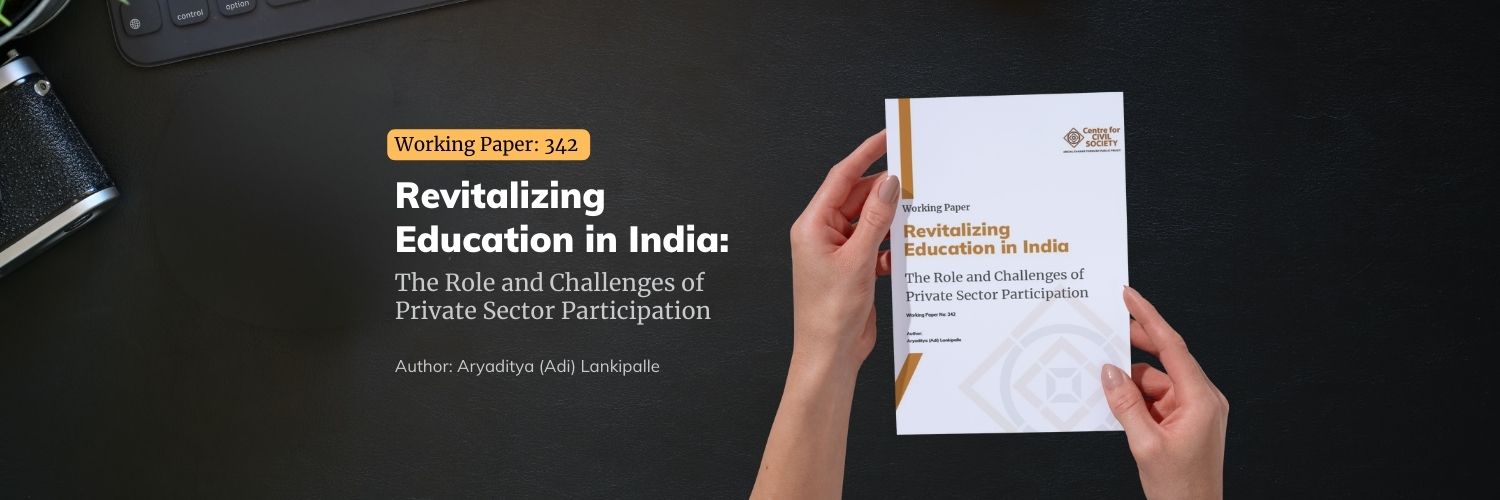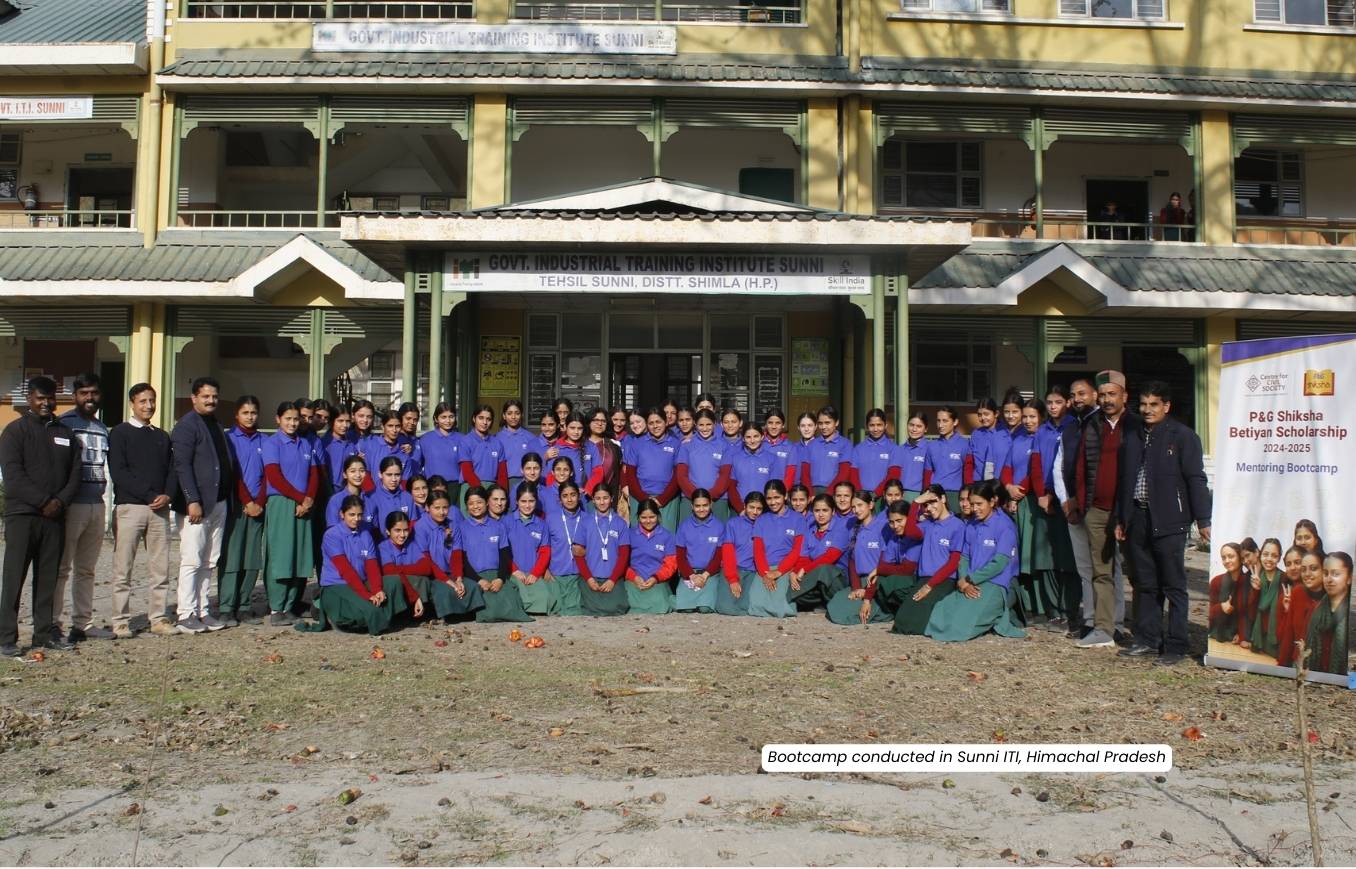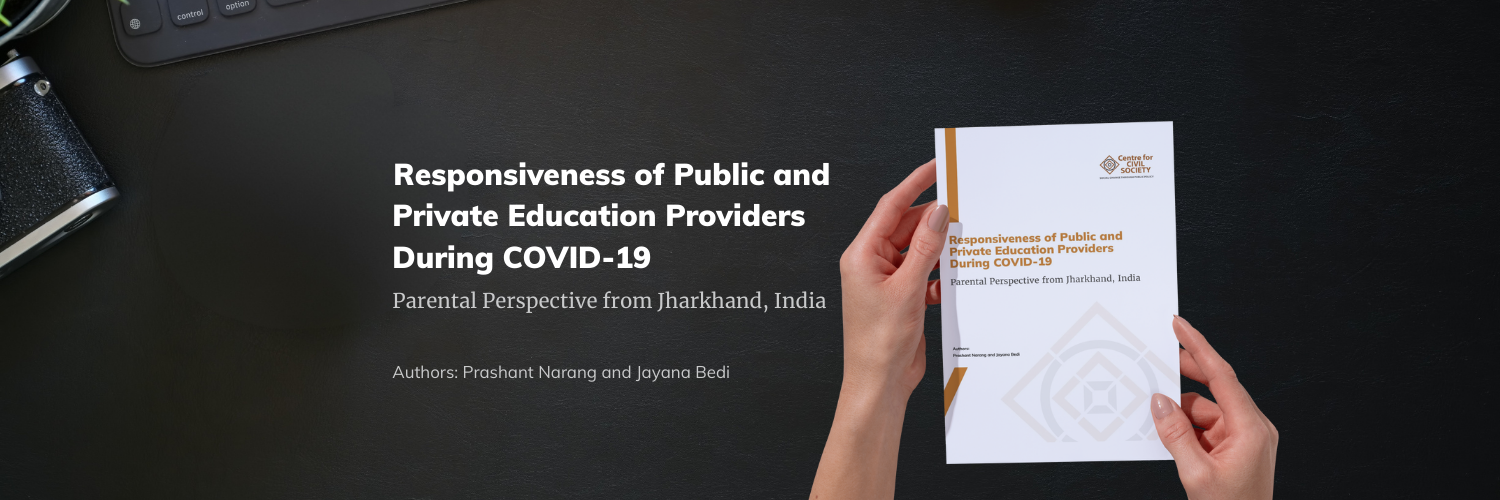Working Paper no. 342
India’s education system continues to face persistent challenges in access and quality. We examine the role and constraints of private sector participation by combining historical, legal, and judicial analysis with primary research in the form of stakeholder interviews. We review India’s ideological and constitutional precedents to trace how national ideals have shaped an unfriendly policy climate for private providers. We then analyze key regulations and court judgements, supplemented with interviews of parents, school administrators, and ed-tech founders to assess ground-level realities. We find that while private schools serve nearly half of students in India and are perceived by parents as superior to government schools across infrastructure, accountability, and outcomes, though they remain restricted by fee caps, nonprofit mandates, and administrative compliance burdens. Our results suggest that regulatory and ideological barriers constrain private initiatives to innovate, invest, and develop and run private institutions.
We argue for reforms emphasising streamlined approvals, outcome-based policy, and public-private partnerships to unlock the private sector’s potential while balancing equity in access.



